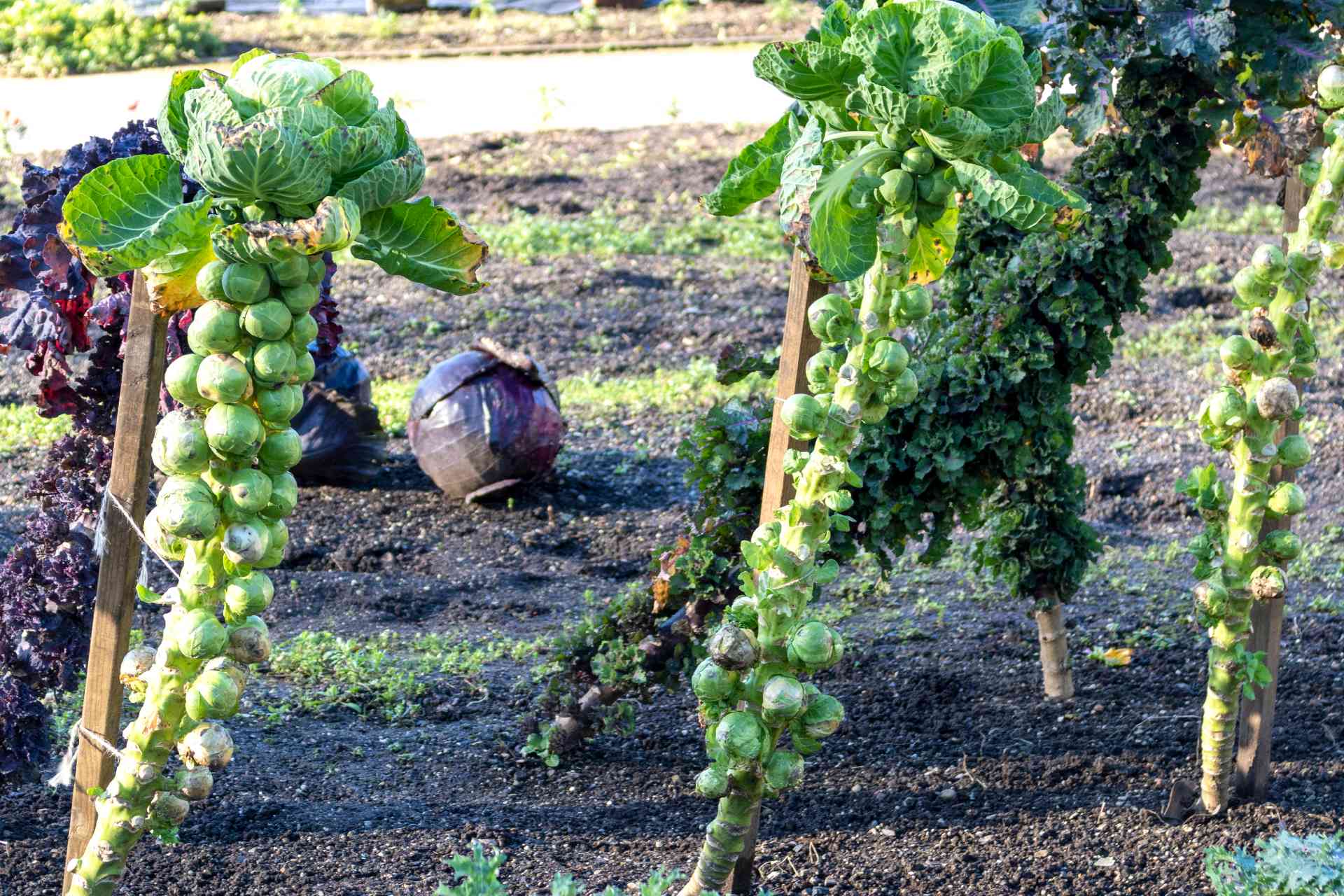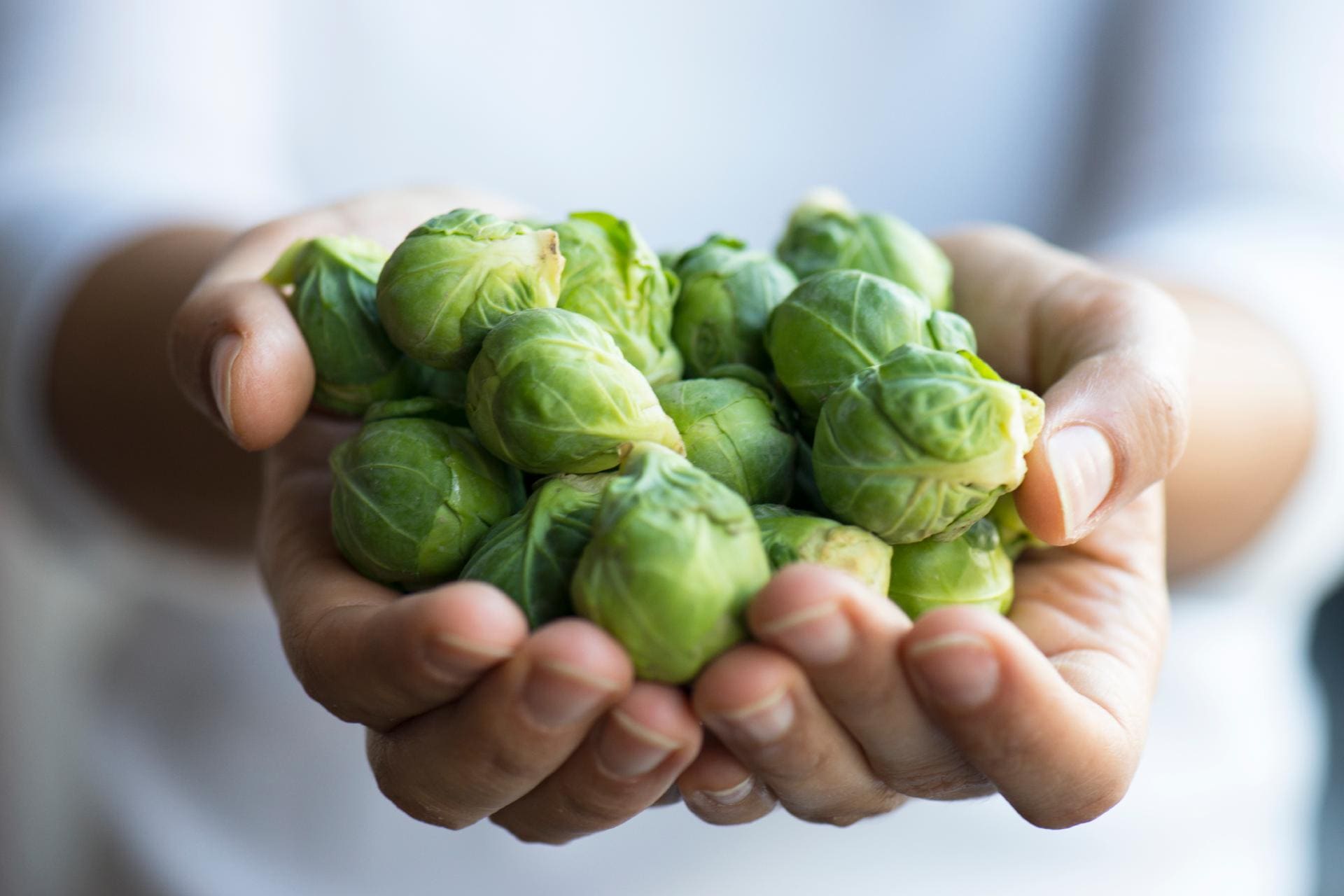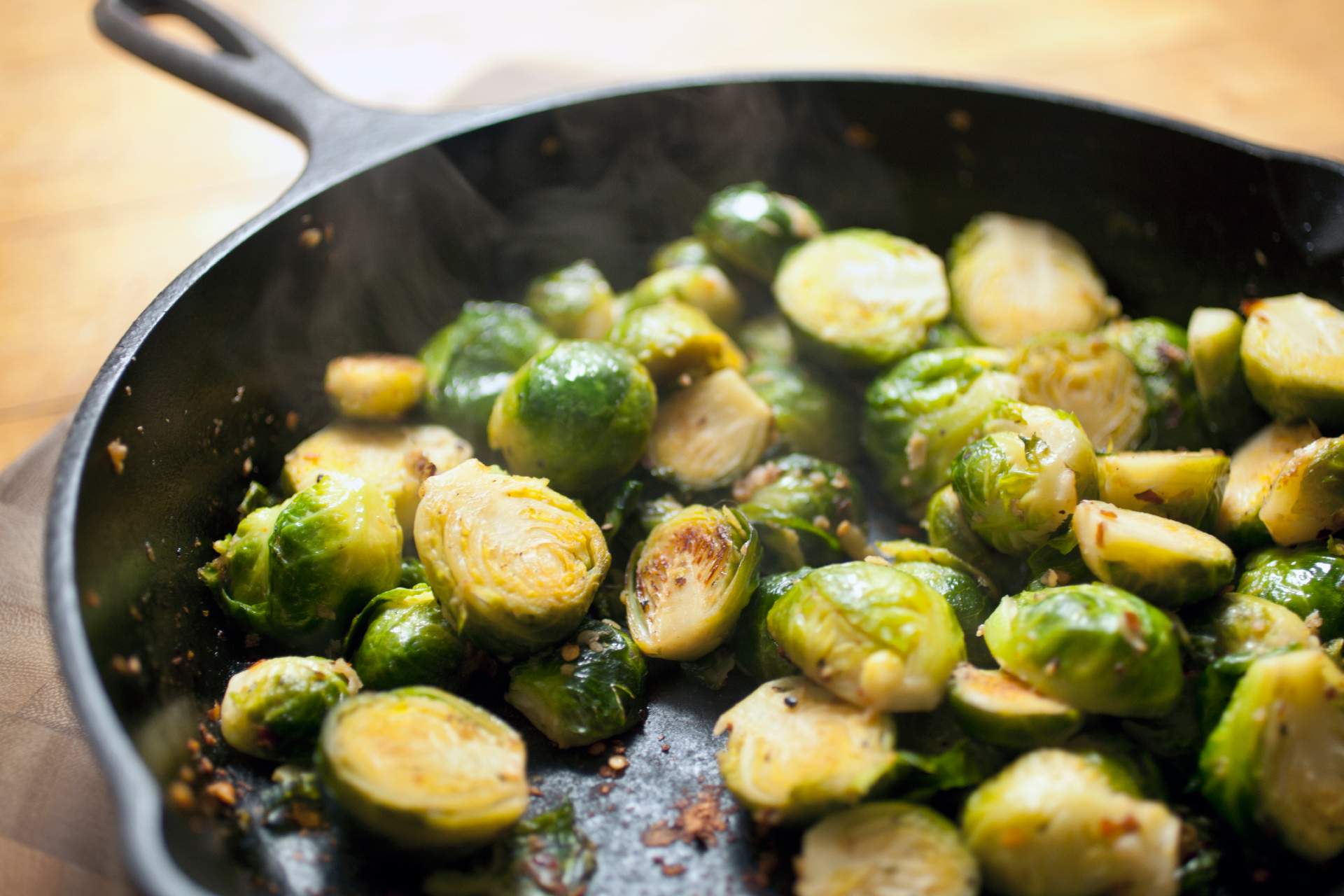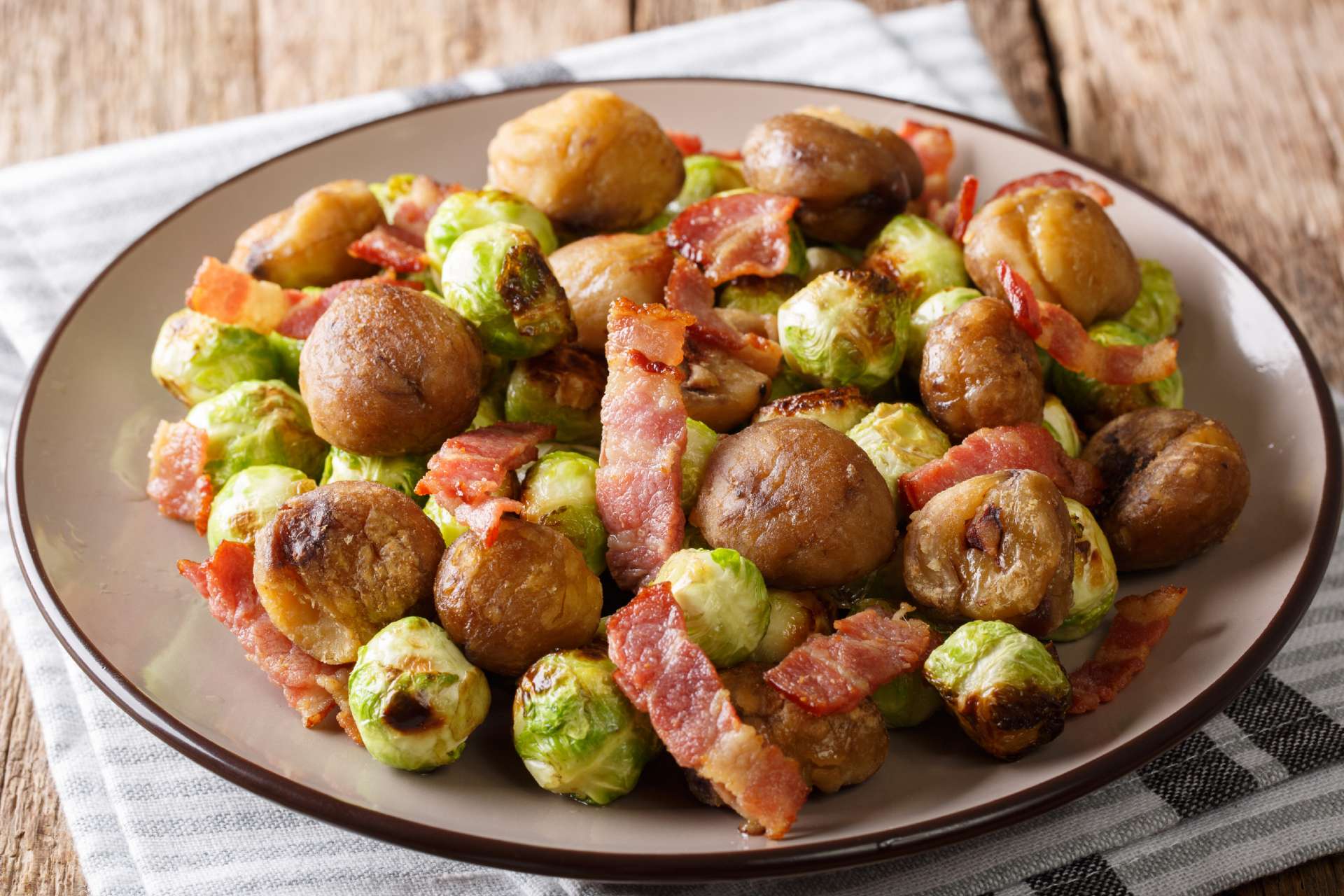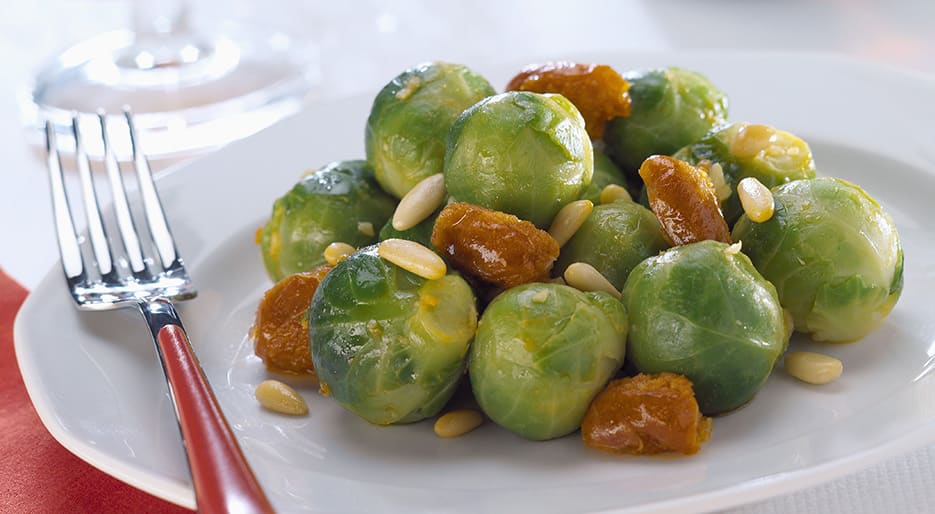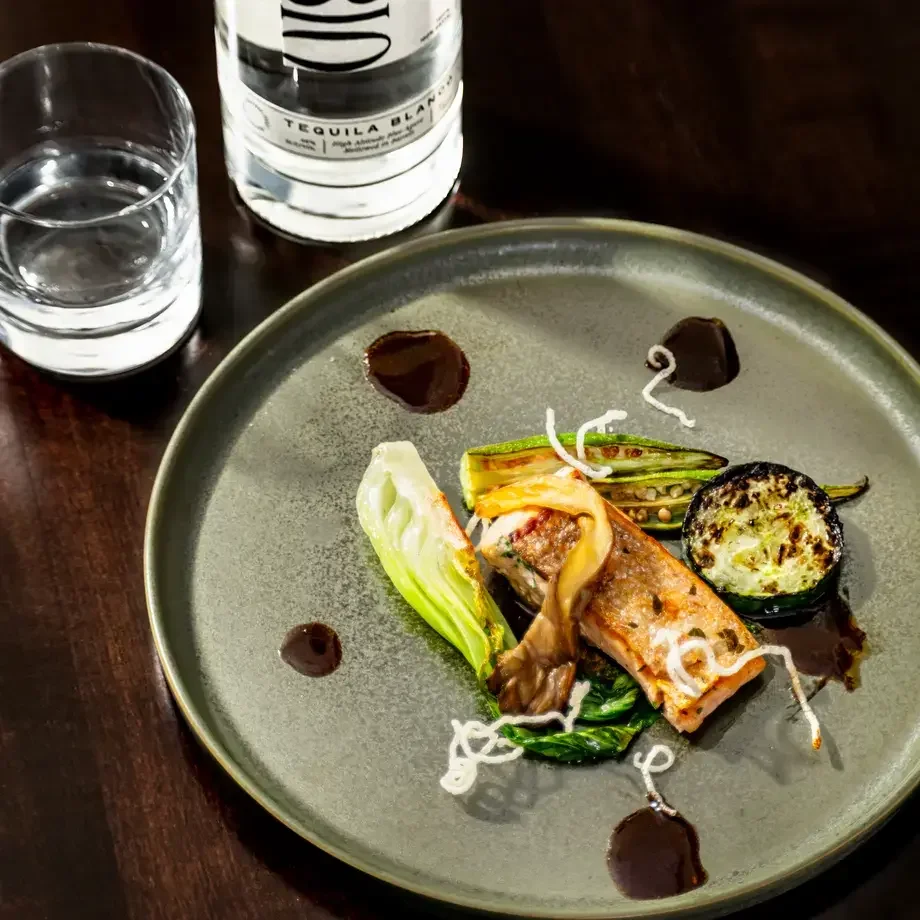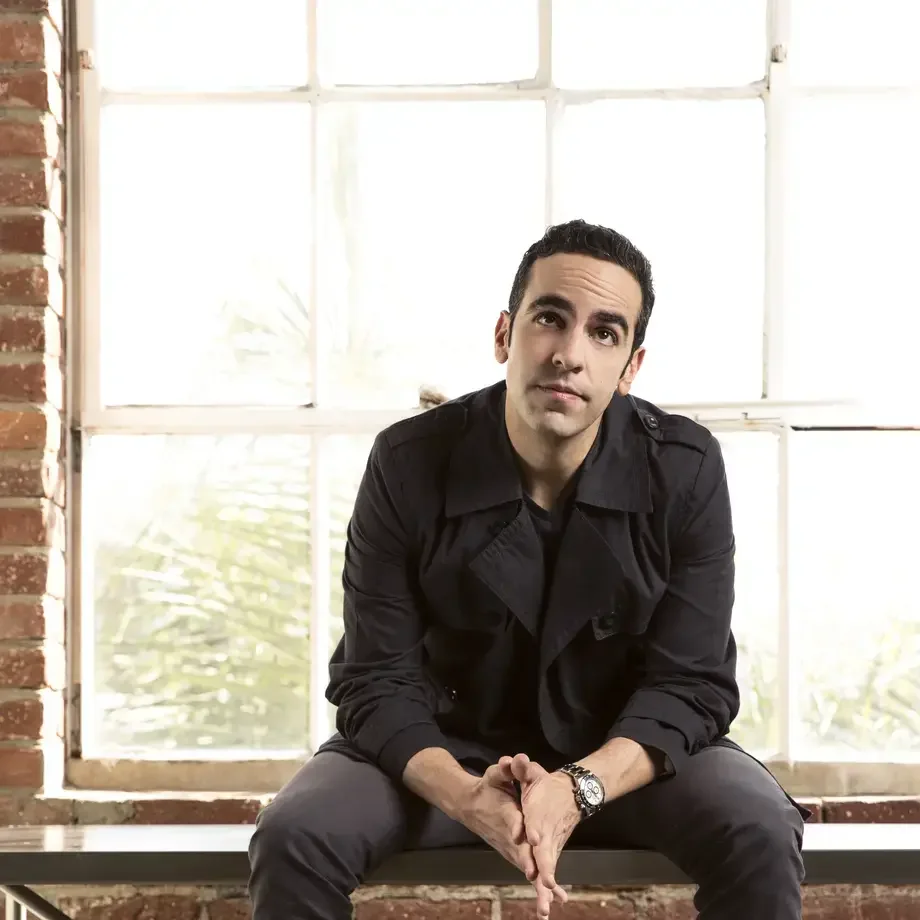Main Differences Between Brussels Sprouts and Cabbage
Brussels sprouts are a familiar - and sometimes controversial - addition to the traditional Christmas dinner. Their bitter taste tends to mean that you either love them or hate them, but cooked properly, this little vegetable can be a tasty addition to any dish. Brussels sprouts are also thought by some to be a low-carb 'superfood' given that they are low in calories but high in fibre, vitamins and minerals. They are especially rich in vitamin K, which plays a key role in blood clotting and bone health, as well as vitamin C and antioxidants that boost your immune system. A number of studies have linked an increased intake of cruciferous vegetables such as Brussels sprouts to a decreased risk of diabetes.
But what are Brussels sprouts?
With their spherical shape and densely-packed green leaves, they look like mini cabbages, and in fact, the cabbage and the Brussels sprout do both come from the same species of plant - the brassica oleracea. But this doesn’t mean that Brussels sprouts are just baby cabbages. The two plants have different taste and different nutritional values. They are also strikingly different while still in the ground. The cabbage grows a large, single head, close to the ground, while the Brussels sprout grows a tall central stem, with lots of small sprouts clustered around it.


